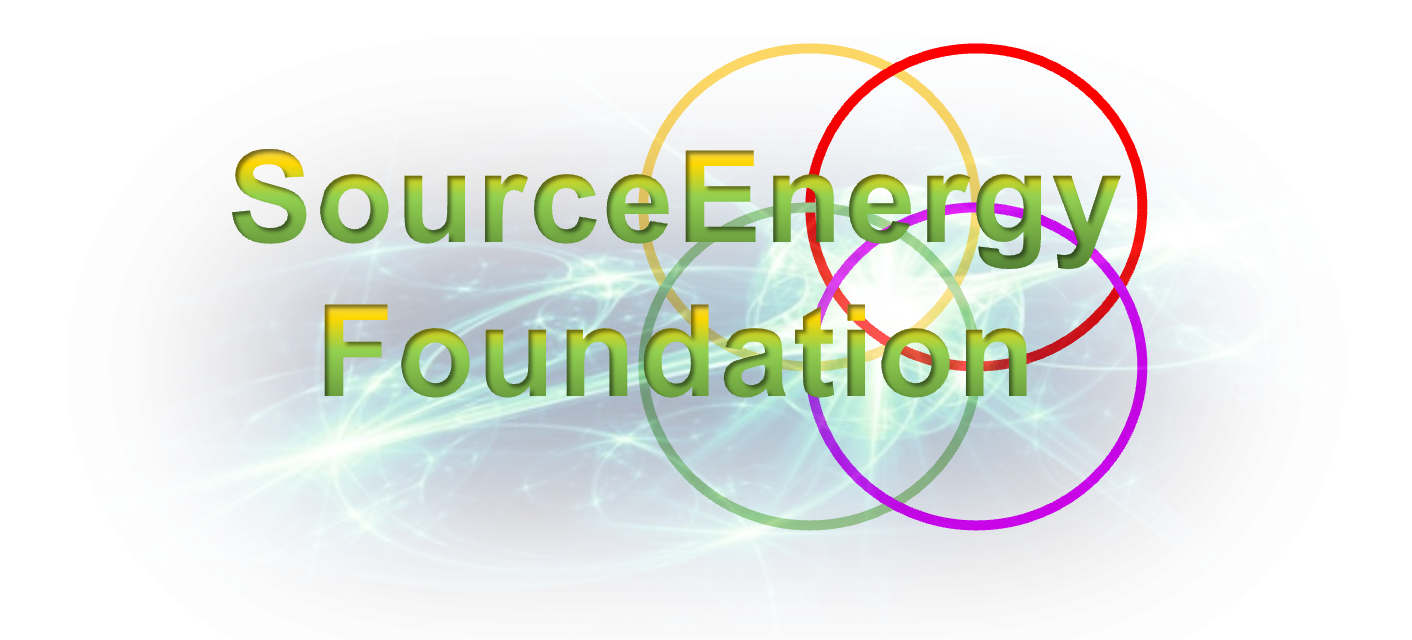From Conception to Complete State: 42 Stages

The Wealth Ecology Model’s concept of “From Conception to Complete State: 42 Stages” presents a comprehensive framework for the development and realization of a project, idea, or venture. This framework encompasses a detailed journey through 42 distinct stages, each critical for the transformation from an initial concept to its final, complete state.
- Genesis Block (Stages 1-7): This block marks the inception, the initial spark of an idea or project.
- Ideation
- Vision Formation
- Initial Research and Feasibility
- Conceptual Framework Development
- Resource Identification
- Initial Planning
- Stakeholder Engagement
- Source Block (Stages 8-14): Focuses on gathering necessary resources and inputs.
- In-depth Market Research
- Resource Allocation
- Team Building
- Strategic Partnerships Formation
- Financial Planning
- Technology and Tools Acquisition
- Initial Design and Prototyping
- Foundation Block (Stages 15-21): Establishes a robust base for the project.
- Detailed Planning and Design
- Risk Assessment and Management
- Legal Framework Establishment
- Core Team Training and Development
- Pilot Testing
- Feedback Collection and Integration
- Finalizing the Operational Model
- Time/Acceleration Block (Stages 22-28): Involves the actual execution and dynamic growth.
- Official Launch
- Market Entry Strategy Implementation
- Scaling Operations
- Branding and Marketing
- Continuous Quality Improvement
- Expansion of Market Reach
- Diversification of Services or Products
- Ecology Block (Stages 29-35): Ensures sustainability and ecological integration.
- Sustainability Practices Implementation
- Community Engagement and CSR
- Environmental Impact Assessment
- Adaptation to Market Changes
- Innovation and Continuous Learning
- Building Resilience and Redundancy
- Long-term Strategic Planning
- Empire Block (Stages 36-42): Focuses on maturity, solidification, and legacy.
- Establishing Industry Leadership
- Global Expansion
- Cultivating a Lasting Brand
- Systematization and Automation
- Succession Planning
- Legacy Building
- Reflection and Evolution
Each of these stages represents a critical step in the journey from a mere concept to a fully-realized and operational state. The framework ensures that every aspect of the project’s development is methodically considered and executed, leading to a robust and sustainable outcome.
